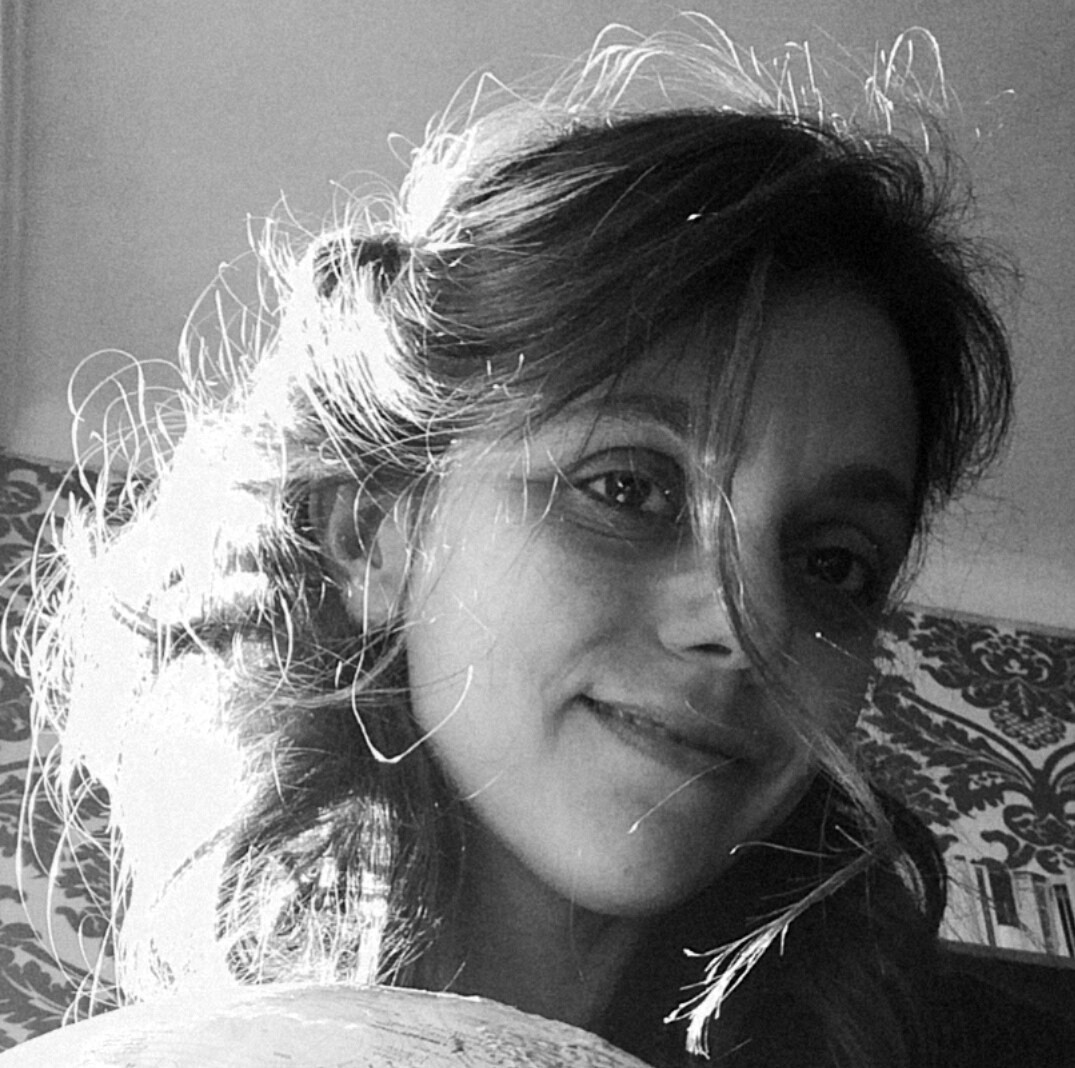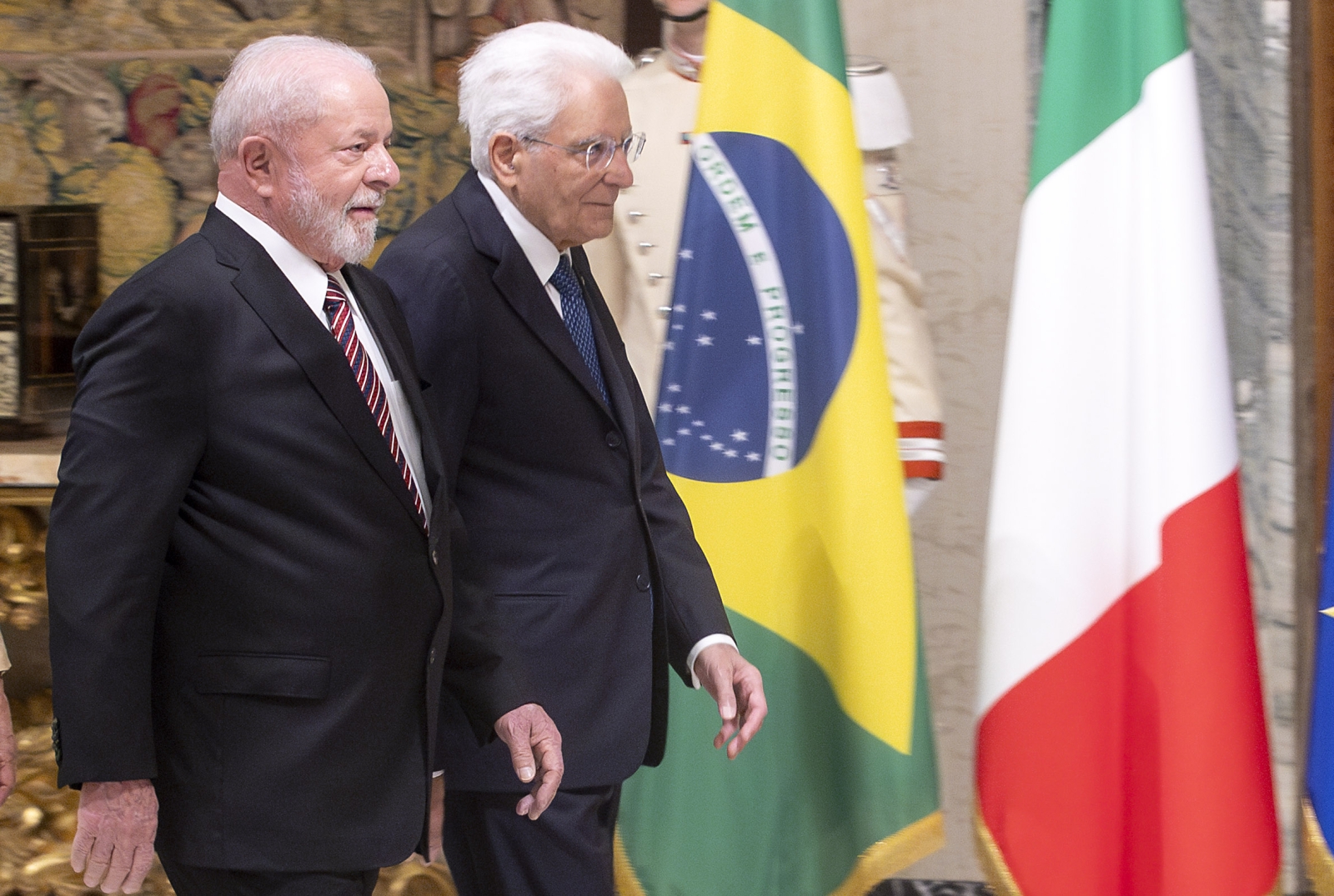A need for peace, in Ukraine and everywhere, and a need to build a new utopia for the global left. Plus the role of the UN and that of the Pope in a world of unprecedented geopolitical balances, the tiring trade agreements between South America and the European Union, relations with Italy. And of course the climate issue, the energy transition and the protection of the Amazon.
Brazil’s President Luiz Inácio Lula da Silva, who visited Rome on June 21st, answered questions from journalists (including Renewable Matter) after an intense day of institutional meetings with President of the Republic Mattarella, Prime Minister Meloni, Pd Secretary Schlein, Mayor of Rome Gualtieri and Pope Francis. In just under an hour of press conference, with rather sharp positions and blunt tone, Lula touched on all the hot topics of international politics, advancing not only the demands of Brazil and South America, but those of the Global South. In the belief that the time has come for a new geopolitics.
Brazil’s relations with Italy (and an opinion on Meloni)
As a start, President Lula launched a jab at our own political figures. “Despite the fact that Brazil is the country with the highest number of Italian immigrants, a good 30 million, few Italian authorities have come to visit,” he recalled, “So I personally invited Mattarella and Meloni, who have never been there.”
The Brazilian president’s trip to Italy thus comes with the declared intention of strengthening relations between the two countries. Relations that, in 2022, are quantified in a trade flow of 10 billion euros. “But the flow could grow a lot, given the size of the Italian economy and the Brazilian population,” Lula relaunched. “We already have more than 14,000 Italian companies in Brazil and partnerships could be developed in many sectors, from industry to academia to scientific research.”
As for his “political” stance toward the right-wing Italian government and Giorgia Meloni, the Brazilian president, on the other hand, did not take a specific position. “I am here to speak with her as head of state. However, I had a good impression: a young and intelligent woman, in a world that is still too sexist,” (and so sexist in fact, we might add, that Lula himself cannot avoid referring to Prime Minister Meloni as “Giorgia”...).
Climate, energy transition, the Amazon: the voice of the Global South
With the pleasantries cleared, they moved on to the first hot topic: the climate crisis.
“Brazil will host COP30 in 2025 and it will be the first climate conference in an Amazon state,” President Lula reminded. “The Amazon is the talk of the town right now, but few people really know about it. We will give the political representatives and delegates a chance to see up close what they are talking about. And to realize how the protection of the Amazon rainforest is not only about the climate issue, but also and above all about the protection of biodiversity.”
A protection on which, according to Lula, the indigenous peoples, or those 28 million people who live in the Amazon rainforest areas, should have a say first. “That is why we will organize, as part of COP30, a meeting of the Amazon states: in addition to Brazil, Peru, Bolivia, Ecuador, Colombia, Venezuela, Guiana, Suriname and French Guiana. We will discuss that aid promised to developing countries since COP15 in Copenhagen, the famous $100 billion a year for climate mitigation and adaptation. And then we will talk about the other forests that need to be protected in the world, such as those in Indonesia and Congo – all these countries should join forces for a common goal.”
Regarding mitigation efforts and the energy transition, Lula has no doubts about responsibilities, weights and measures. “87 percent of Brazil’s electricity,” he begins, “comes from renewable sources, compared to 27 percent of the global average; and if we include fuels in the count, we are at 50 percent renewable versus 15 percent global. So Brazil has the moral authority to discuss climate policies head-on with the rest of the world. We also have great potential for wind and photovoltaics, and we are developing green hydrogen technologies in the northeast of the country, in partnership with universities and companies in Germany, Sweden, and Norway. We will make the energy transition the vehicle for a new industrialization of our country.”
“The green economy,” he continues, “is a real possibility if everyone complies with the limits to be respected. The industrialized countries, which have already cut down all their forests, have a much heavier historical debt to the planet than the newly industrializing nations. Developed countries, in view of all the CO2 emitted in the past, should therefore pay more to help the nations of Latin America and Africa, which need investment to develop low-carbon agriculture.”
Mercosur and the EU: a difficult agreement
The climate issue can not help but tie in with trade relations between South America and the European Union. In fact, the long-standing issue of the free trade agreement between the EU and Mercosur (i.e., the common market of South America) will have to go through the conditions imposed by Europe about meeting the goals of the Paris Agreement. A condition that the Brazilian president does not hesitate to call “punitive.” “The letter sent by the EU is not acceptable because it put an extra condition to be able to close the treaty with Mercosur, which is to fully comply with the Paris Agreement. But no country has fully complied with the Paris targets or the Copenhagen Accords, so we think we need some flexibility. We are preparing a response and will look for a new agreement that favors all countries and not just one side.”
“On this point,” he added, “I also want to meet with Macron. It is important that everyone gives up something to build an agreement that improves the situation of both the EU and South America. We don't want any cold war, like the one that is being set up now between the U.S. and China.”
War, peace and a new geopolitics
And from the trade “war,” President Lula then moved on to talk about the actual war in Ukraine, advancing his pacifist positions, bolstered moreover by his conversation a few hours earlier with Pope Francis. “I agree with the Pope when he says that we need to bring all the actors involved together to talk about peace and bring everyone to a negotiating table. The world has 800 million human beings suffering from hunger, it is not right to spend billions of dollars on an unnecessary war. My special envoy has gone to talk to Putin and Zelensky, and on Saturday he will attend a meeting in Copenhagen with other countries to try to find a common denominator to end the war.”
“Brazil,” he pointed out, “has condemned Russia’s territorial occupation of Ukraine. But now it is necessary for the two countries to meet. A peace agreement is not a surrender: both countries involved must gain something. But only the Ukrainians and the Russians can say what the conditions of this agreement are.”
On the role of Europe, however, he is critical. “I think the EU can work for peace. The problem is that both the EU and the United States are involved in this war. That is why Brazil is seeking, to promote peace, the support of uninvolved countries such as China, Indonesia, Mexico, Argentina, India and the African states.”
On the Ukraine issue, as with the climate, a new geopolitical arrangement is thus outlined in President Lula’s words that sees a greater weight of the Global South on the international chessboard. An arrangement that starts from the dream of a united Latin America: “I would like to create in South America something similar to the European Union,” explained Lula, pushing then for a radical reform of the balance within the United Nations. “We need a new governance of the UN, a Security Council in which the countries of Africa, India and nations like Mexico, Japan, Italy that are excluded today are present. The geopolitics that we had in 1945 no longer exists, the world has changed,” he added, “To make the UN continue to matter, we need a new geopolitics.”
Image: President of the Italian Republic Sergio Mattarella with President of Brazil Lula da Silva (ph Quirinale)



